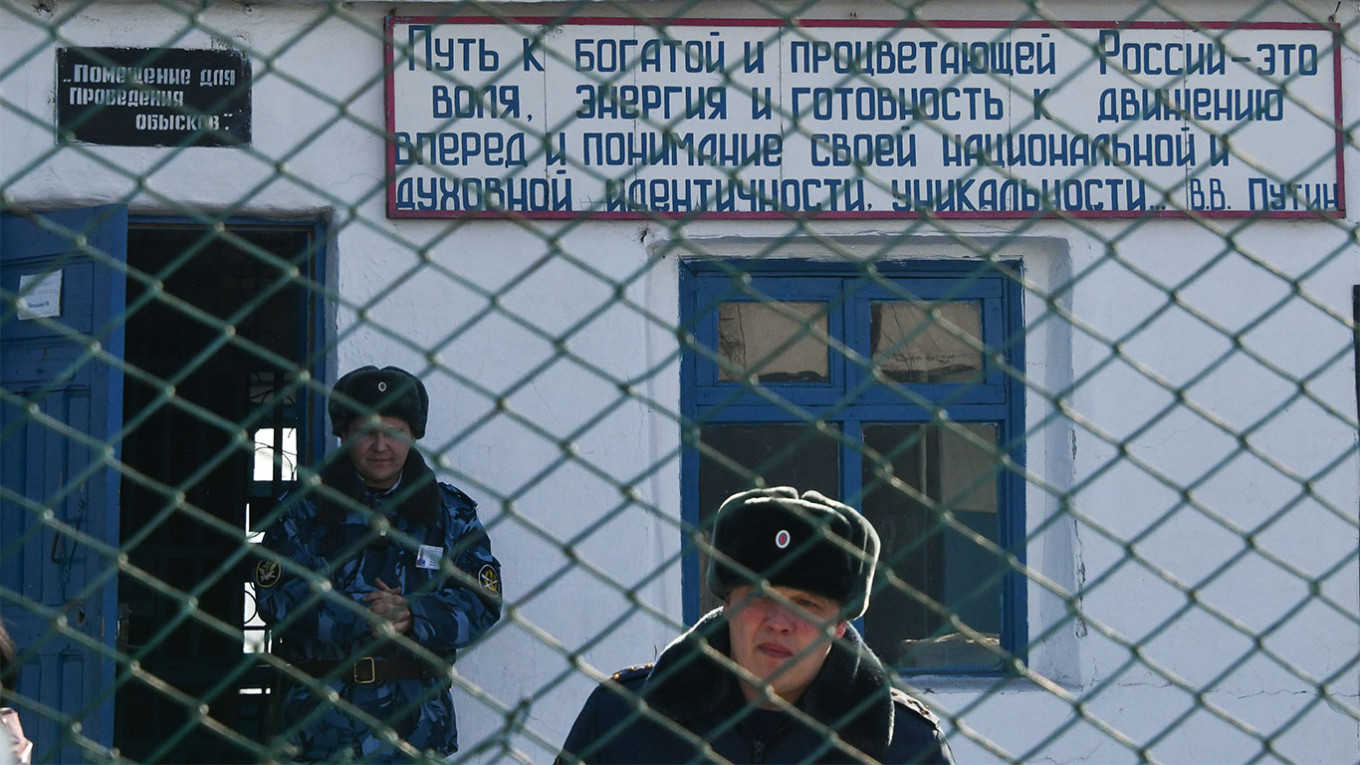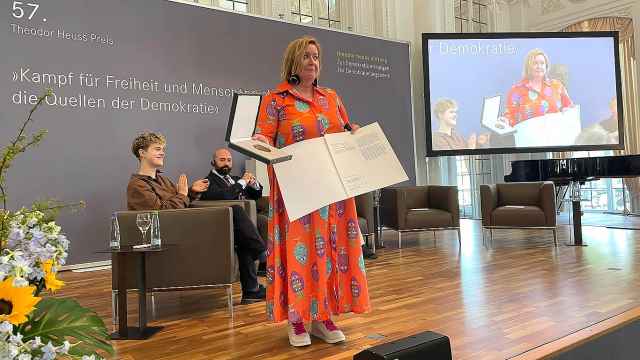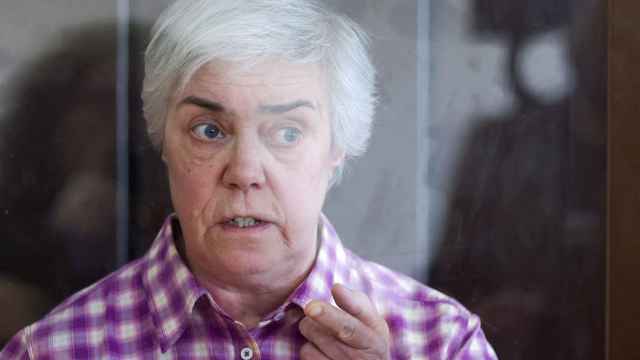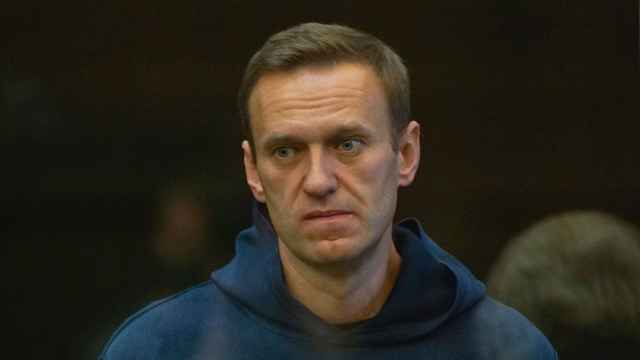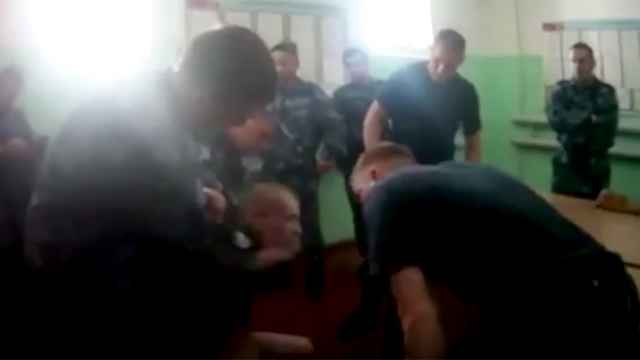The European Court of Human Rights on Tuesday said Russia must compensate several prisoners belonging to an informal caste of "outcasts" who are subject to abuse and ostracisation behind bars.
The 11 plaintiffs, who have served or are serving time, said they had been placed in the category by their fellow inmates.
So-called "outcasts" are the lowest in the Russian prison pecking order, forced to live apart from others and carry out the institutions' "dirty work", as well as being subject to sexual and other forms of violence.
The plaintiffs, who filed complaints between 2013 and 2017, said that all of these practices were permitted and tacitly endorsed by prison staff.
Based on the prisoners' testimonies and academic research into conditions at Russian prisons — as well as Moscow's failure to deny the allegation — ECHR judges "established that the applicants have been subjected to the treatment of which they complain.”
The inmates suffered "stigmatization and physical and social segregation,” as well as “assignment to menial labor and denial of basic needs such as bedding, hygiene and medical care, enforced by threats of violence and also occasional physical and sexual violence," the judges found.
Moreover, the fact that the abuses were not directly carried out by prison staff did not diminish the state's responsibility, the judges said, as the Russian authorities had failed to take any steps to protect them or to improve prison conditions more widely.
"Russian authorities' failure to take action can be seen, in the present case, as a form of complicity in the abuses inflicted upon the prisoners under their protection," they said.
The court ruled that the Russian government must pay each of the applicants 20,000 euros ($22,000) as compensation for the abuses they faced.
While Russia joined the European Convention on Human Rights in 1988, it was shut out of the Council of Europe, the club of signatory countries, following its invasion of Ukraine last year.
Since September, the Russian authorities have not been required to ensure that convention rights are upheld, although the government must still answer for violations committed while it was a signatory.
A Message from The Moscow Times:
Dear readers,
We are facing unprecedented challenges. Russia's Prosecutor General's Office has designated The Moscow Times as an "undesirable" organization, criminalizing our work and putting our staff at risk of prosecution. This follows our earlier unjust labeling as a "foreign agent."
These actions are direct attempts to silence independent journalism in Russia. The authorities claim our work "discredits the decisions of the Russian leadership." We see things differently: we strive to provide accurate, unbiased reporting on Russia.
We, the journalists of The Moscow Times, refuse to be silenced. But to continue our work, we need your help.
Your support, no matter how small, makes a world of difference. If you can, please support us monthly starting from just $2. It's quick to set up, and every contribution makes a significant impact.
By supporting The Moscow Times, you're defending open, independent journalism in the face of repression. Thank you for standing with us.
Remind me later.


